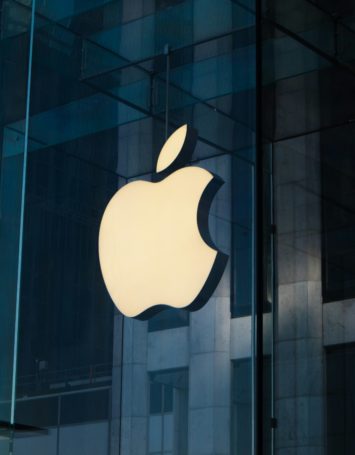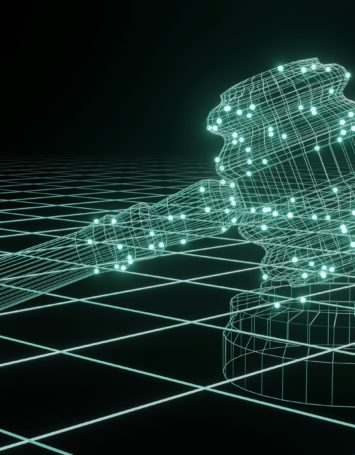Written by: Haim Ravia, and Dotan Hammer
California’s governor signed three state bills in a legislative flurry to combat election-related online misinformation and AI-generated deep Fakes especially. One of these laws, AB-2839, bans the creation and publication of election-related ‘Deep Fakes’ during the period between 120 days prior to election day and 60 days after it and was adopted as an emergency measure, was set to enter into force immediately, but was recently blocked by a federal court.
The now-enjoined law builds on previous restrictions on deep-fake distribution. It extends the timeframe of standing prohibitions to 120 days prior to election day and 60 days after, and empowers the courts to grant petitions in civil actions filed by election officials, candidates, and others to enjoin misleading content distribution, as well as impose fines on violators. However, last week, a federal district court judge issued a preliminary injunction blocking the bill, citing concerns that the bill unconstitutionally hinders free speech, and lacks the “least restrictive alternative” required of content-based laws. The judge also stated that while the law has an overly wide scope, even if it was limited to false information that caused tangible harm, even such forms of speech are protected by the First Amendment.
The other two bills signed are set to come into force next year. The first law, AB-2355 mandates transparency in political campaigns by requiring they provide a disclosure notice alerting voters that content is AI-generated or substantially altered. The bill also authorizes the state’s Fair Political Practices Commission to enforce violations through injunctive relief or other remedies.
The second law, AB-2655 Defending Democracy from Deepfake Act, places obligations on social media platforms to self-regulate “materially deceptive content related to election in California”. Platforms are responsible for blocking such content, facilitating inter-platform mechanisms allowing users to report such content, and removing or labeling it within 72 hours of being notified of its existence. The law also grants the state attorney general, district attorney, or city attorney authority to seek injustice relief from a large social media platform when it fails to comply with the law. This law is the first of its kind in the United States.
Click here to read AB-2839 Elections: deceptive media in advertisements.
Click here to read Kohls v. Bonta (E.D. Cal. Oct. 2, 2024).
Click here to read AB-2355 amending the Political Reform Act.
Click here to read AB-2655 Defending Democracy from Deepfake Act.



